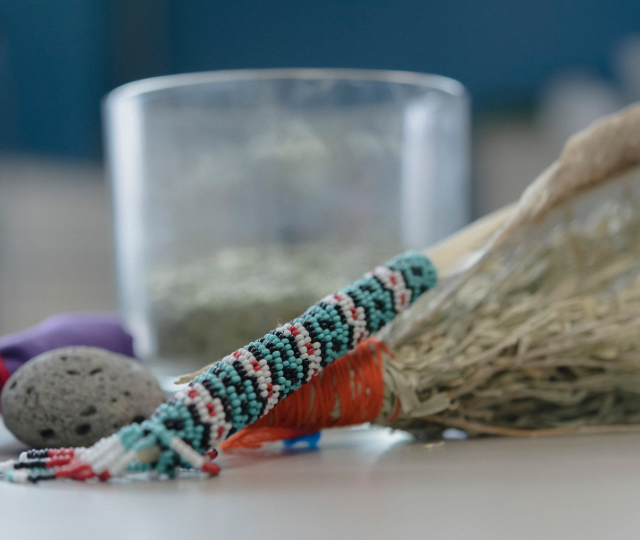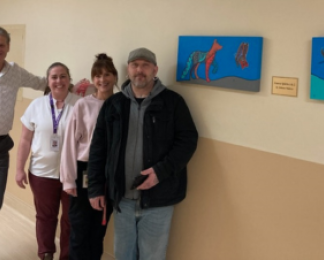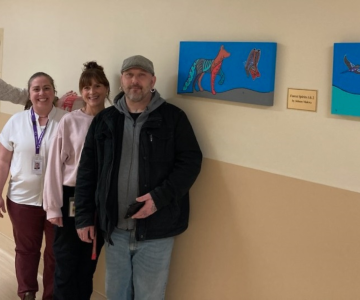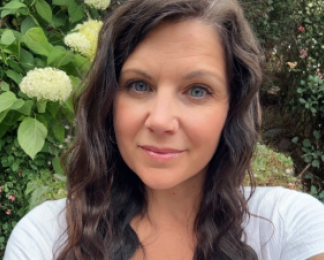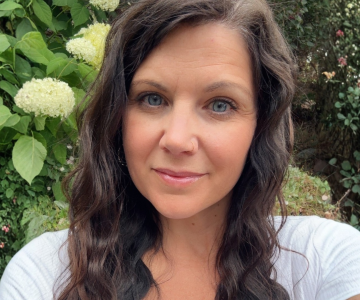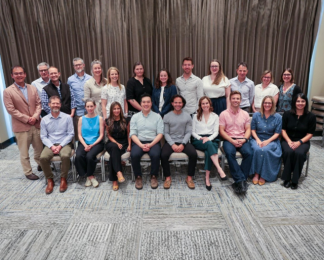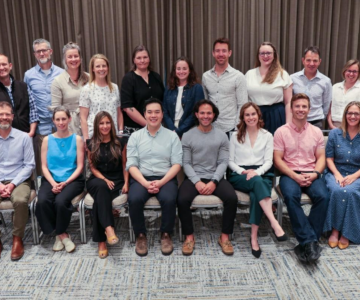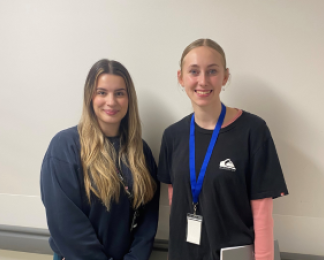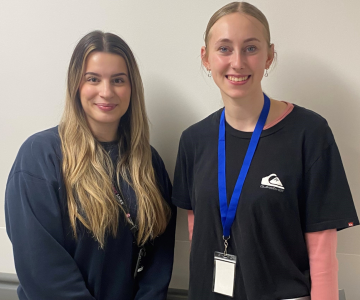Indigenous self-identification initiative
At Interior Health, we are committed to providing culturally safe, person-centered care. When you access Interior Health services, we invite you to voluntarily and confidentially state if you self-identify as Indigenous (First Nations, Métis, or Inuit). Self-identification is based on how you define your identity and does not require proof of a First Nations status card or Métis citizenship.
The Indigenous Self-Identification (ISI) initiative helps Interior Health design better programs, improve services, and enhance care experiences for Indigenous Peoples. It provides insight into where and how Indigenous clients access care, allowing us to offer more culturally relevant supports, such as Indigenous Patient Navigators. The initiative also strengthens our accountability to the Indigenous communities whose territories we serve.
All information collected is completely confidential and protected by the Freedom of Information and Protection of Privacy Act.

